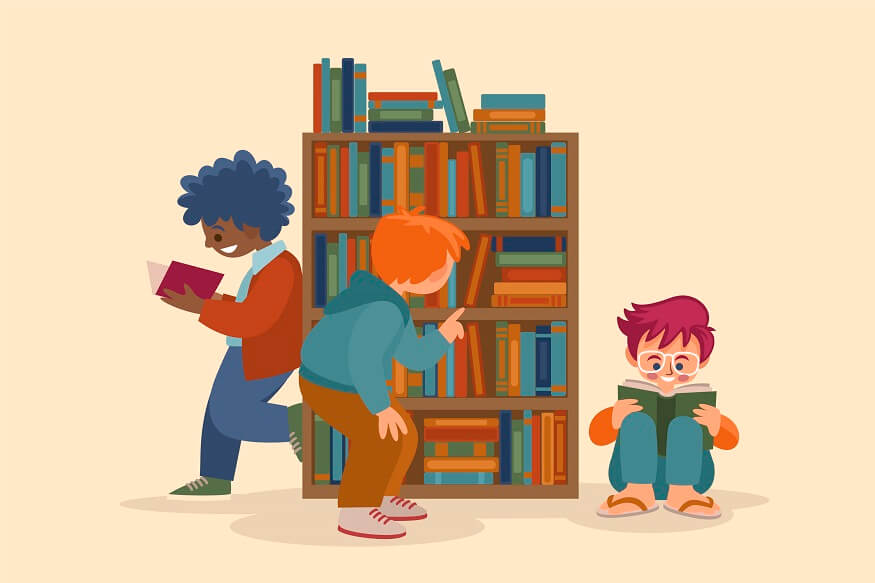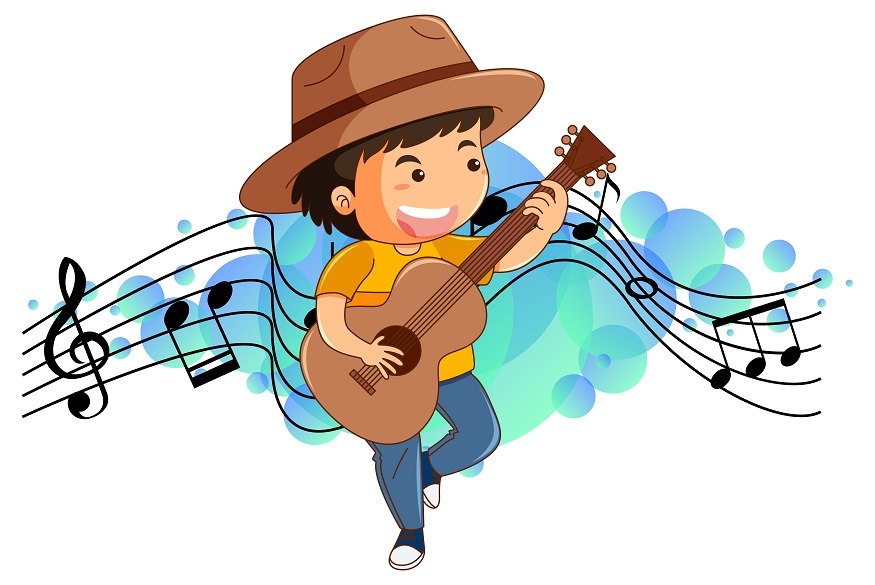Creating an interest in reading during adolescence can have an indelible effect, contributing to the development of a well-rounded, empathetic individual with a broad understanding of the world. As young readers navigate their teenage years, they should embark on the following literary journeys. Here are some must read young adult books
Also Read: 15 Importance of Reading Skills and Benefits
Good books to read for young adults
Harry Potter series by J.K. Rowling: This collection of seven books transports young readers into an enchanting world of magic and adventure. Starting with ‘The Philosopher’s Stone’, the series follows the life of Harry Potter and his friends at Hogwarts School of Witchcraft and Wizardry. The books mature with their readers, dealing with friendship, bravery, and self-discovery while seamlessly blending the ordinary with the extraordinary.
To Kill a Mockingbird by Harper Lee: A timeless classic, ‘To Kill a Mockingbird’ deals with themes of racial injustice and moral growth. Seen through the eyes of Scout Finch, a young girl growing up in a small Southern town in the US, it presents a profound commentary on prejudice, integrity, and empathy, leaving a lasting impression on its readers.
The Catcher in the Rye by J.D. Salinger: This novel explores teenage rebellion and angst with the protagonist, Holden Caulfield, serving as a symbol for adolescent alienation and loss. It provides an opportunity for young readers to confront complex themes like identity, belonging, and the critique of superficiality in society.
The Book Thief by Markus Zusak: Set in Nazi Germany, this book follows the life of a young girl, Liesel, who finds solace in stolen books amidst the brutal realities of war. Narrated by Death itself, it explores themes of love, language, and resistance, introducing readers to the profound effects of literature.
1984 by George Orwell: A dystopian novel that presents a chilling vision of a future under authoritarian rule, ‘1984’ encourages its readers to think about the concepts of freedom, truth, and control, and presents a stark warning against the abuse of power.
Pride and Prejudice by Jane Austen: A witty and romantic commentary on society and relationships in the 18th-century England, Austen’s ‘Pride and Prejudice’ brings to life the romantic entanglements of the Bennet sisters and critiques the constraints of the era, especially for women.
I Know Why the Caged Bird Sings by Maya Angelou: This autobiographical account of Angelou’s life up until the age of 17 sheds light on topics such as racism, trauma, and self-acceptance. It encourages readers to understand the personal and societal implications of these issues.
The Diary of a Young Girl by Anne Frank: An intimate, heartfelt account of a Jewish girl’s life during the Holocaust, Anne Frank’s diary fosters empathy, resilience, and provides a personal perspective on a devastating period of history.
The Hobbit by J.R.R. Tolkien: ‘The Hobbit’ is an exciting fantasy adventure, introducing readers to a richly imagined world full of dwarves, elves, and dragons. Following Bilbo Baggins’ unexpected journey with Gandalf the wizard and a group of dwarves, it’s a story of courage, friendship, and the unexpected hero.
Wonder by R.J. Palacio: A touching story about a boy with facial differences trying to fit in, promoting kindness, acceptance, and understanding.
The Perks of Being a Wallflower by Stephen Chbosky: This moving coming-of-age story follows the introverted and sensitive Charlie as he navigates high school, explores his mental health issues, and comes to terms with his past. The novel is a deep dive into themes like adolescence, sexuality, and the power of friendship.
Lord of the Flies by William Golding: This novel depicts a group of British boys stranded on an uninhabited island, exploring the concept of civilisation versus savagery. It provides thought-provoking commentary on human nature and morality.
A Wrinkle in Time by Madeleine L’Engle: This blend of fantasy and science fiction follows a young girl’s journey through space and time to save her father. It introduces readers to concepts of love, family, and the fight between good and evil.
The Giver by Lois Lowry: In this dystopian novel, readers are introduced to a ‘perfect’ society with no pain, war, or suffering. The story follows a boy named Jonas who learns the dark secrets of his community, addressing themes of individuality, freedom, and the morality of societal control.
The Outsiders by S.E. Hinton: This powerful tale is about the rivalry between two gangs divided by their socio-economic status. The story is an exploration of loyalty, familial love, and the harsh realities of life.
The Hunger Games by Suzanne Collins: A dystopian trilogy, the series takes readers into a future where children are forced to fight to the death on live television. It deals with themes of survival, authoritarianism, and rebellion.
Little Women by Louisa May Alcott: A heartwarming novel following the lives of the four March sisters as they navigate their path from childhood to womanhood, dealing with themes of domesticity, work, love, and friendship.
Brave New World by Aldous Huxley: This novel presents a dystopian future where happiness is achieved through scientific and technological means. It prompts readers to think about individuality, freedom, and the consequences of a state-controlled society.
The Maze Runner by James Dashner: This gripping dystopian novel follows a group of teenagers who wake up with no memories in a mysterious maze. The book explores themes of survival, bravery, and friendship.
Of Mice and Men by John Steinbeck: This story portrays the dreams and struggles of two displaced ranch workers during the Great Depression, dealing with themes of friendship, dreams, and the harsh realities of the world.
The Fault in Our Stars by John Green: This poignant tale about two teenagers with cancer deals with themes of love, suffering, and the ephemerality of life. It teaches readers about resilience, the joy of living in the present, and the inevitable pain that comes with love.
Animal Farm by George Orwell: A satirical tale using a group of farm animals who rebel against their human farmer, this book serves as an allegory of the Russian Revolution, teaching readers about power, corruption, and societal structure.
Fahrenheit 451 by Ray Bradbury: Set in a dystopian future where books are outlawed, this novel explores themes of censorship, the role of knowledge in society, and the dangers of complacency and unquestioning conformity.
The Catcher in the Rye by J.D. Salinger: This novel follows a few days in the life of sixteen-year-old Holden Caulfield. Dealing with complex issues such as identity, belonging, alienation, and the loss of innocence, it’s a classic narrative of teenage rebellion.
Divergent by Veronica Roth: This dystopian novel is set in a society divided into factions based on human virtues. The protagonist, Tris, navigates her identity, uncovers a conspiracy, and challenges societal norms.
Also Read: How To Encourage Good Reading Habits In Kids
EuroSchool aims to help children develop a love of reading that will last a lifetime by giving good books to read for young adults.










